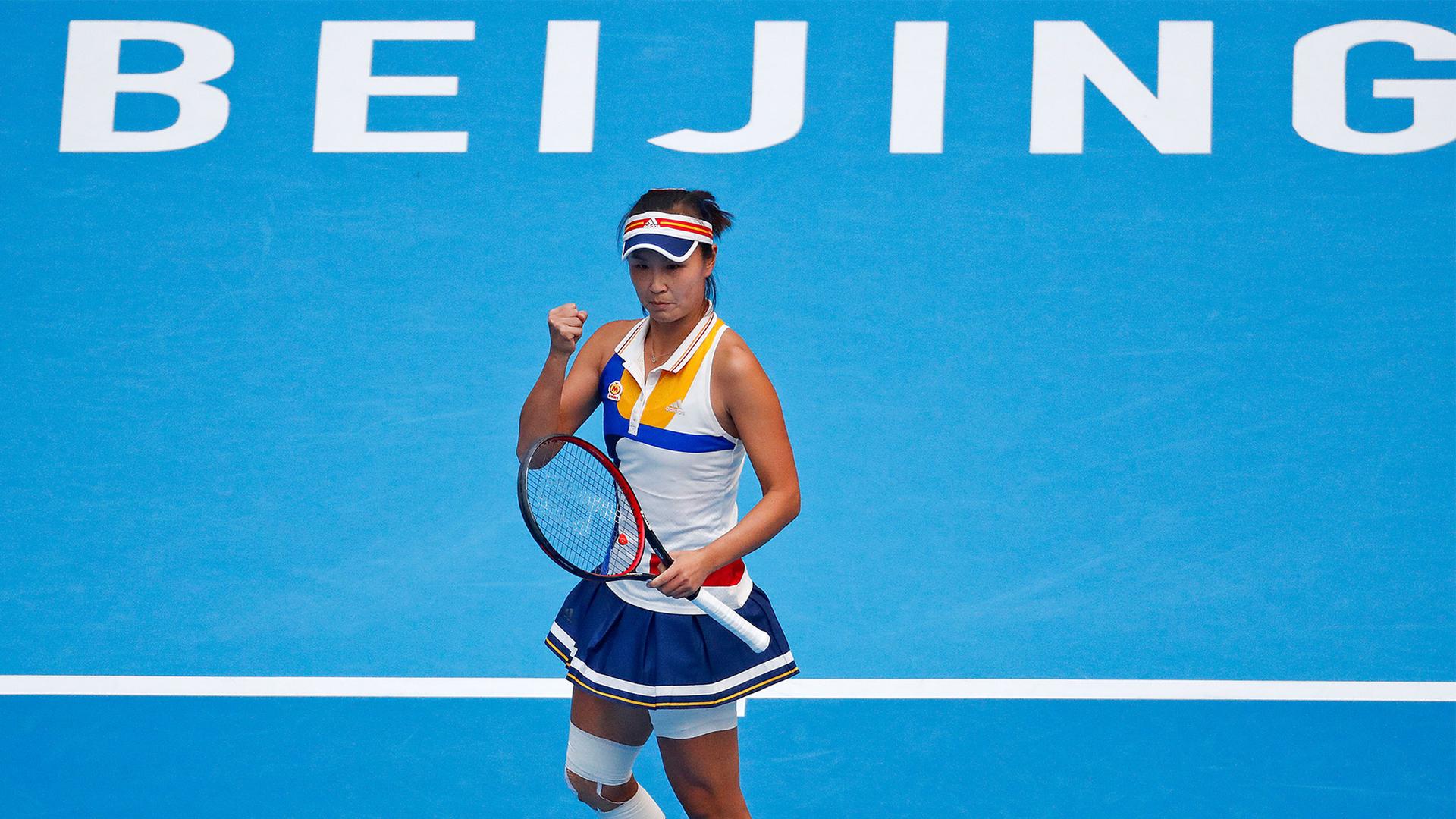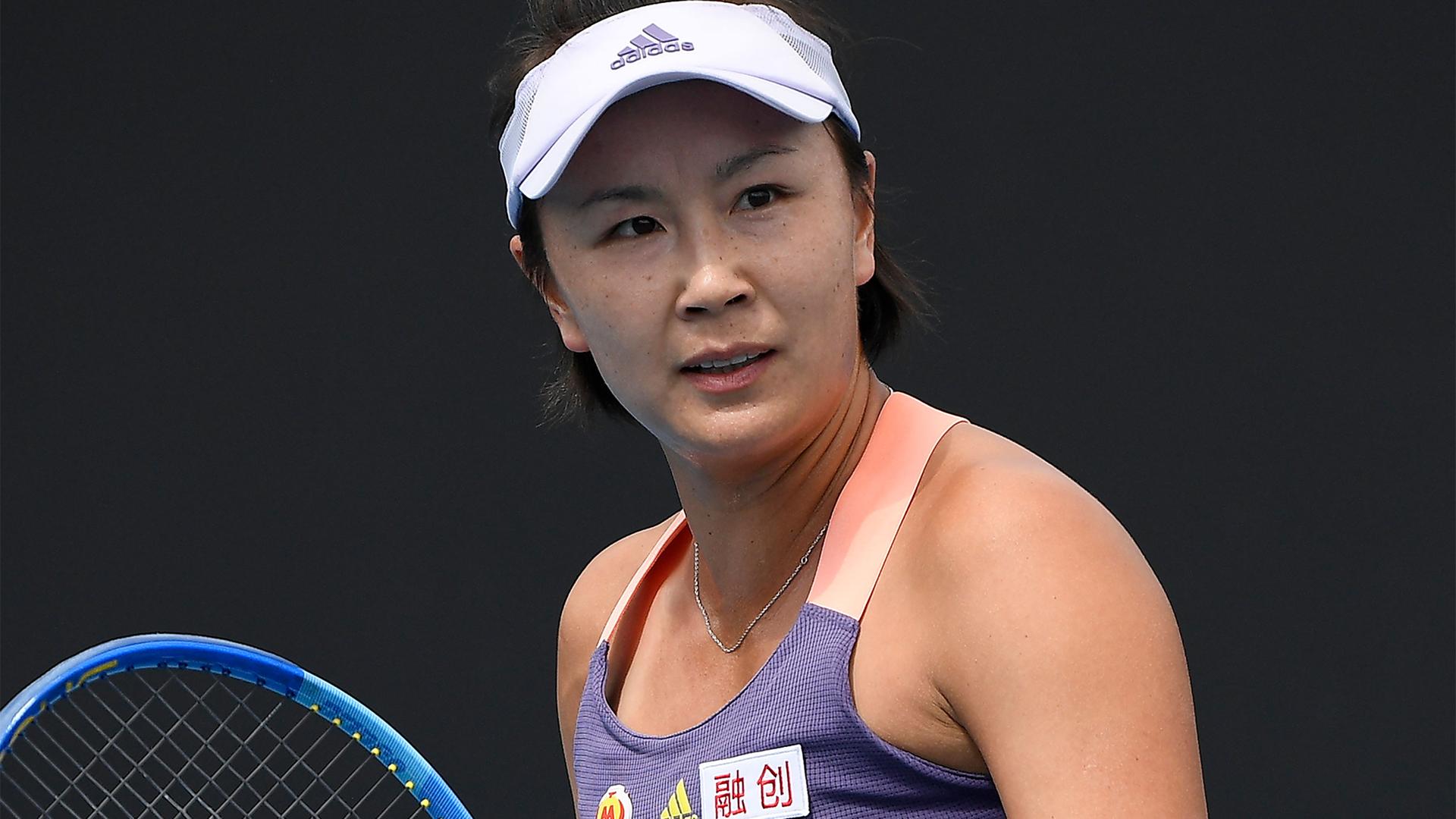Chinese tennis star Peng Shuai has denied saying she was sexually assaulted by a former top Communist Party official, backpeddling from her previous allegations in a November social media post.
Related: What the Peng Shuai saga tells us about Beijing’s grip on power and desire to crush a #MeToo moment
“First of all, I want to emphasize something that is very important … I have never said that I wrote that anyone sexually assaulted me. I need to emphasize this point very clearly.”
“First of all, I want to emphasize something that is very important,” Peng said in a video posted by the Singaporean Chinese-language newspaper Lianhe Zaobao, in her first media interview since the accusations. “I have never said that I wrote that anyone sexually assaulted me. I need to emphasize this point very clearly.”
The paper said the video was taken on Sunday in Shanghai.
But many people are viewing the latest development with skepticism.
Related: This teen’s TikTok video takes on Malaysia’s toxic culture of misogyny
“When you watch the video, it comes off as highly staged, so, it’s not exactly a reassurance that everything is fine.”
“When you watch the video, it comes off as highly staged,” Jeremy Goldkorn, editor-in-chief of SupChina and co-founder of the Sinica Podcast, told The World’s host Marco Werman. “So, it’s not exactly a reassurance that everything is fine.
Related: France’s 2nd #MeToo movement reckons with incest, child rape

Goldkorn said that social media has made bringing attention to these types of cases possible — including retractions.
“There have been many, many cases of people who have gotten into trouble with the government and then have been forced into television appearances where they say that everything is fine and there’s no problem, and that whatever happened was a misunderstanding.”
“There have been many, many cases of people who have gotten into trouble with the government and then have been forced into television appearances where they say that everything is fine and there’s no problem, and that whatever happened was a misunderstanding.”
He cited the story of Gui Minhai, a Swedish bookseller operating in Hong Kong, who had spoken out against Chinese government officials. He had appeared at one point in a video interview released by China in which he accused Sweden of “sensationalizing” his case.
The controversy over Peng’s case has contributed to protests against Beijing hosting the Winter Olympic games in February over the government’s human rights abuse record.
AP contributed to this report.
The story you just read is not locked behind a paywall because listeners and readers like you generously support our nonprofit newsroom. If you’ve been thinking about making a donation, this is the best time to do it. Your support will get our fundraiser off to a solid start and help keep our newsroom on strong footing. If you believe in our work, will you give today? We need your help now more than ever!
